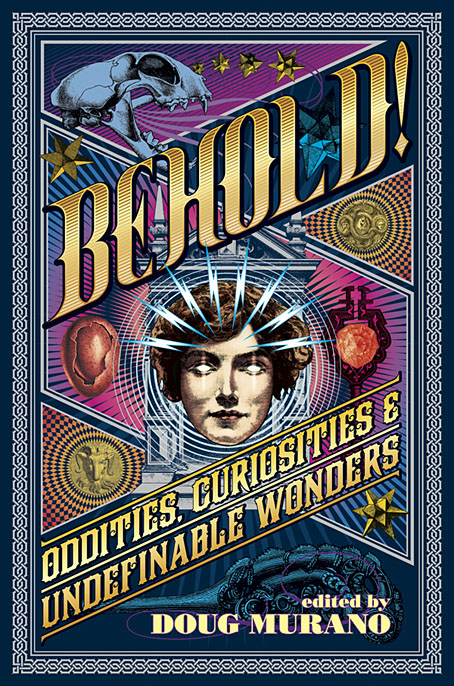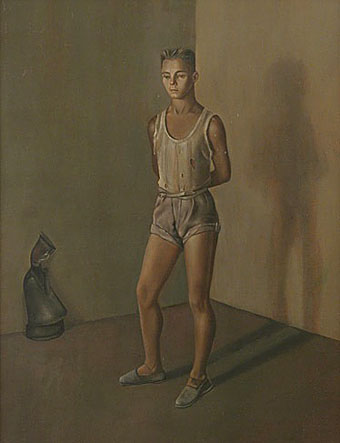• My cover design for the Doug Murano-edited story collection, BEHOLD! Oddities, Curiosities and Undefinable Wonders, appeared here last December but a repost is in order since the book has been published this week by Crystal Lake. Back in December I didn’t have a list of the featured authors but I do now: Clive Barker, Neil Gaiman, Ramsey Campbell, Lisa Morton, Brian Kirk, Hal Bodner, Stephanie M. Wytovich, John Langan, Erinn L. Kemper, John FD Taff, Patrick Freivald, Lucy A. Snyder, Brian Hodge, Kristi DeMeester, Christopher Coake, Sarah Read and Richard Thomas. The foreword is by Josh Malerman, and the interior illustrations are by Luke Spooner.
• “How do you memorialize an artist who refused to remain identical to himself? How do you remember one of the great philosopher-artists of memory?” Ben Lerner on the elusive Chris Marker.
• Diabolical Fantasia: The Art of Der Orchideengarten, 1919. A welcome reprinting of art from the German magazine of weird fiction compiled by Thomas Negovan. (Previously)
• Coming in September: Conny Plank: The Potential of Noise, a documentary by Reto Caduff and Stephan Plank about the great record producer.
• The Roman Roads of Britain mapped by Sasha Trubetskoy in the style of Harry Beck’s London Tube Map.
• At Dennis Cooper’s: Spotlight on…Julia Kristeva Powers of Horror: An Essay on Abjection (1980).
• Ian Shank on the trove of erotic Roman art that scandalized Europe’s royals.
• At Haute Macabre: Biblio-alchemy: The Liquid Library of Annalù Boeretto.
• What makes a French film noir? Andrew Male has some suggestions.
• David Shariatmadari on how 1967 changed gay life in Britain.
• Mix of the week: Gated Canal Community Radio.
• A Gallery of Moods by Mlle Ghoul.
• Loe And Behold (1970) by Sir Lord Baltimore | Behold The Drover Summons (1983) by Popol Vuh | Beholding The Throne Of Might (2014) by The Soft Pink Truth




